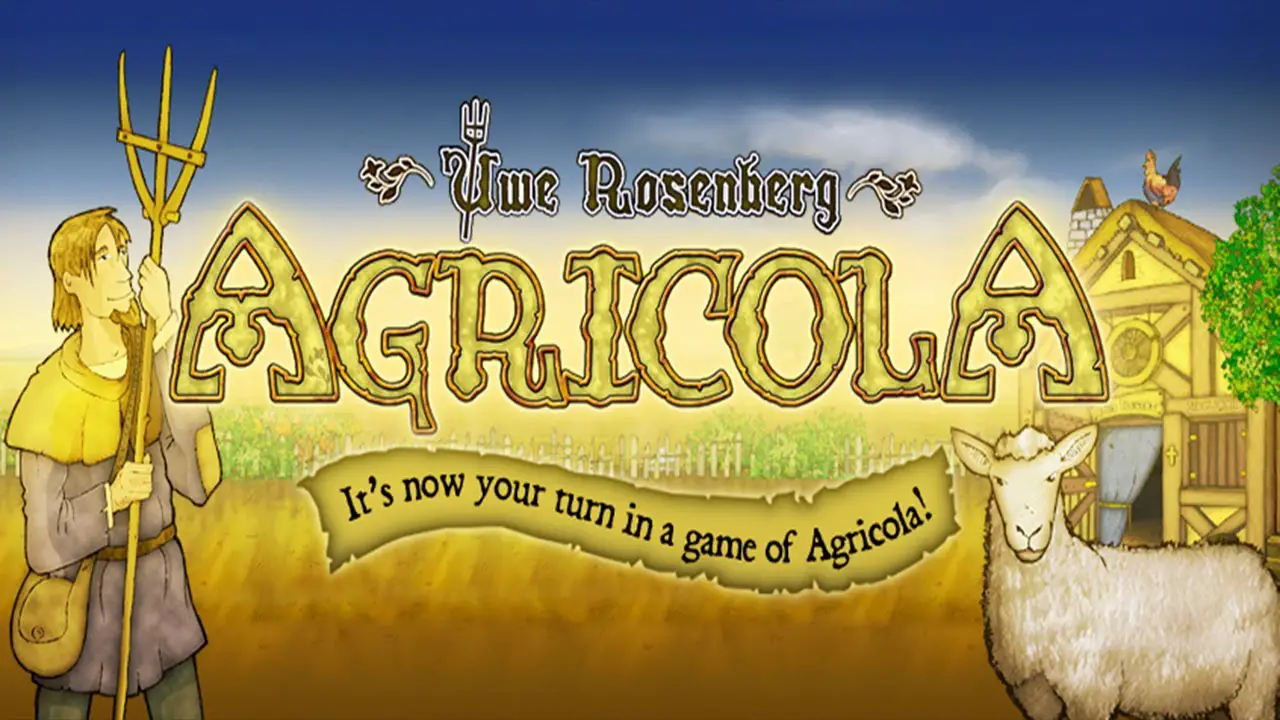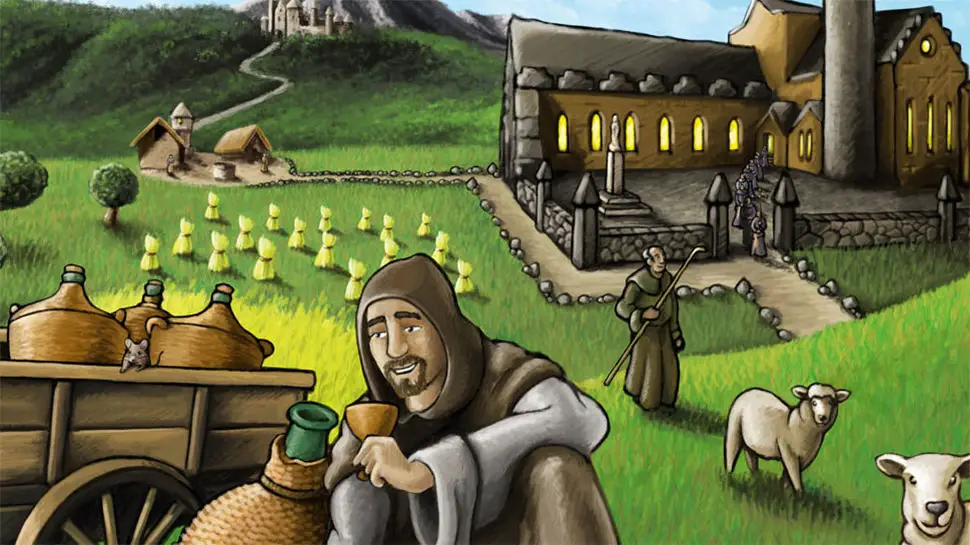
Avoid Begging Cards
As the game suggests, you should avoid earning begging cards at any costs: The -3 penalty for being short for each missing food is quite steep. Sometimes it feels there is a choice between taking begging cards and keeping that grain for sowing or that pair of sheep for breeding.
In these situations it is almost always better to feed your family and wait for an opportunity later to get your farm operating. The only time you can safely take begging cards is if you have the Mendicant occupation.
Get Your Third Family Member
With players competing to build rooms and increase the number of family members, there is a viable opportunity to utilise underused action spaces and start developing the rest of your farm. Whilst it is not necessary to be the 1st or 2nd player to grow their family, it is important in 4/5 player games to get your third family member at some point during the midgame.
Unless you have a very good set of supporting occupation cards, winning with a 2 person family is very difficult: Family members are worth 3 victory points and the extra clay or stone rooms will also give your opponents points where you will score none.
Just be sure to build up your required 5 Wood and 2 Reed over the course of the game and get your third room and person, even if it is as late as Round 10 or 11. Don't wait to take advantage of the Family Growth without Room action as you will get too few uses out of that member compared to the savings of not building a third room.
Establish A Food Engine
The term Food Engine is the ability to generate food without the need to constantly dedicate family members to pick up food tokens on action spaces. An example of a simple food engine can be:
- A couple of fields with sown grain and a Clay/Stone Oven (Grow Grain, replant some, bake the rest)
- Animals kept in pastures with a Fireplace (Keeping enough to breed new animals to replace the ones eaten as well as picking up more on the actions spaces)
Letting the Fishing/Travelling Player space accumulate food over several rounds is certainly not a reliable way to get the food needed to feed your family and a savvy opponent might take that food right when you need it and you end up with begging cards instead.
All of the Major Improvements represent a way of establishing a food engine, so it is worth building at least one early in the game; even if it is using the Major/Minor Improvement Space over the more efficient Renovation + Improvement Space: remember your opponents may be after them as well! As a rule of thumb, if you are able to use one or no family members to visit a Fishing/Day Labour/Travelling Players action space in between each harvest, you are doing well to sustain your family's food needs.

Watch Your Opponents' Resources And Actions
It pays to keep an eye on what your opponent is capable of building: it is possible to build up a short-term picture of which of your desired action spaces are 'safe' and which ones need to be taken at the first opportunity.
For example, if no opponent has Grain or vegetable, it is likely that you can take Sow/Bake Bread as your final action for the turn. If an opponent builds some fences, it may be necessary to take those sheep for your fireplace before it gets back round to his turn.
Note What Is In Short Supply Within Your Game Of Agricola
A unique feature of Agricola is that the game plays in subtlety different ways depending on the number of players in the game. In each variant, there is usually one area where players will be competing for because that commodity is only available on one action space. The following is rare according to the number of players:
- 2 Players: Clay
- 3 Players: Reed
- 4 Players: Family Growth Space (when trying to get that 3rd family member. See above)
- 5 Players: None, but with 5 players, it is likely that most Major Improvements will be more heavily competed over.
Occupations or Improvement cards that help you in that particular shortage will give you an advantage over your opponents. For example, playing the Reed Pond minor improvement in a 3 player game will give you extra valuable reed in a game that would otherwise only produce 14 reed between all the players (one per round).
Continue Reading


